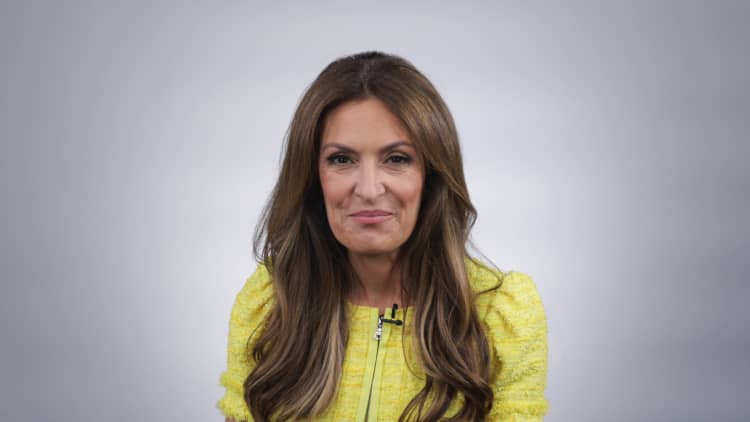Dear Work It Out,
I'm 71, but I've been told I look 60. I have high energy, lots of experience, a college education and am free of family responsibilities. I've had great interviews but then don't get the job. I've read several articles on interviewing and being prepared, in which I have provided examples of leadership, interpersonal experience, etc. I dress well, am well spoken and want to continue working. How do I get past the age issue?
I've gotten multiple questions just this week on how to land a job when you're over 60. While I haven't been there myself, hearing several people's experiences has made me realize how frustrating this issue can be.
As a boss in my 30s, I regularly interview, hire and manage people who are both older and younger than me, so I may have an interesting perspective. I also spoke to two corporate recruiters and TopResume expert Amanda Augustine to get their take on the topic.
First, you should know that age discrimination in the U.S. is illegal. Employers are not allowed to treat job candidates or employees less favorably because they are 40 or over, and if you think they have, you can file a charge with the Equal Employment Opportunity Commission.
Still, even though it's unlawful to make hiring decisions based on your age, that doesn't mean it doesn't happen. As Augustine told me, "It may not be fair, but it's certainly real. Age discrimination is alive and well in the job market."
What are some signs you may be facing ageism?
- If you hear words like "overqualified," it might mean "too expensive" or "we're afraid you'll get bored and quit"
- If the interviewer keeps talking about their "fun" corporate culture, it could be code for "young" there
- If they ask about your age or retirement plans, that's illegal and a dead giveaway
While you can't control the interviewer or any misguided ideas they may have, you can focus on presenting yourself as the best, most qualified person for the job. That starts with your resume. If you're landing interviews but not making it past the first round, you might need to update your resume to better reflect who you are.
One thing you want to watch for is length. Hiring managers do not want to see a five-page resume with expanded margins, 10-point font and every job you've had since high school. It's too much! And it could tip off your age.
The ideal resume should comfortably fit onto one page. (You could stretch it to two if you're going for an executive-level position.) And every word should be relevant to the job you're seeking.
That may mean the standard, reverse chronological format isn't right for you. Instead, you could consider listing previous jobs under "Experience Highlights" so you can pick and choose the most pertinent. You might also want to emphasize roles you've held for the past 10 to 20 years, and synthesize anything prior in a one-line list of earlier experience at the bottom.
Use the "Objective" or "Executive Summary" section at the top to preempt any anticipated questions about your candidacy. For example, if you've been out of the workforce for a bit, here's where you might include how excited you are to get back to work and how you've kept your skills up to date. But keep it concise — two sentences max.
Once you're in the room, don't let the interviewer make assumptions. Let them know how this job fits into your long-term career plans and how your experience gives you an advantage.
Also be mindful that if you are downgrading roles, interviewers might worry the job won't be enough for you. Be transparent about why you want this position. Perhaps at this point you're looking for a less-demanding job or you want to get back to doing the work rather than overseeing it.
Above all, emphasize how you will bring value to the business. That's the bottom line. Hiring managers want people who are going to save them time and make them money. Convince them of that, and your age ain't nothing but a number.
Have a pressing career concern or question? Email me anonymously at workitout@cnbc.com. Submissions may be edited for length and clarity.
Don't Miss: 4 interviewing tricks to boost your confidence — and the secret that no one tells you
Like this story? Subscribe to CNBC Make It on YouTube!



